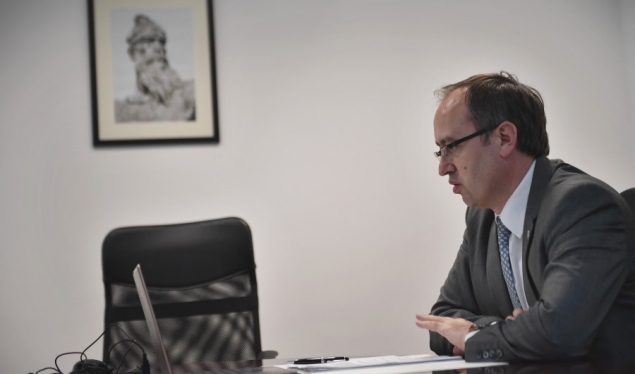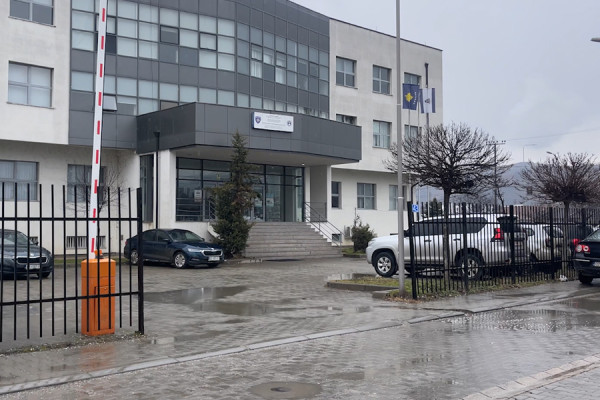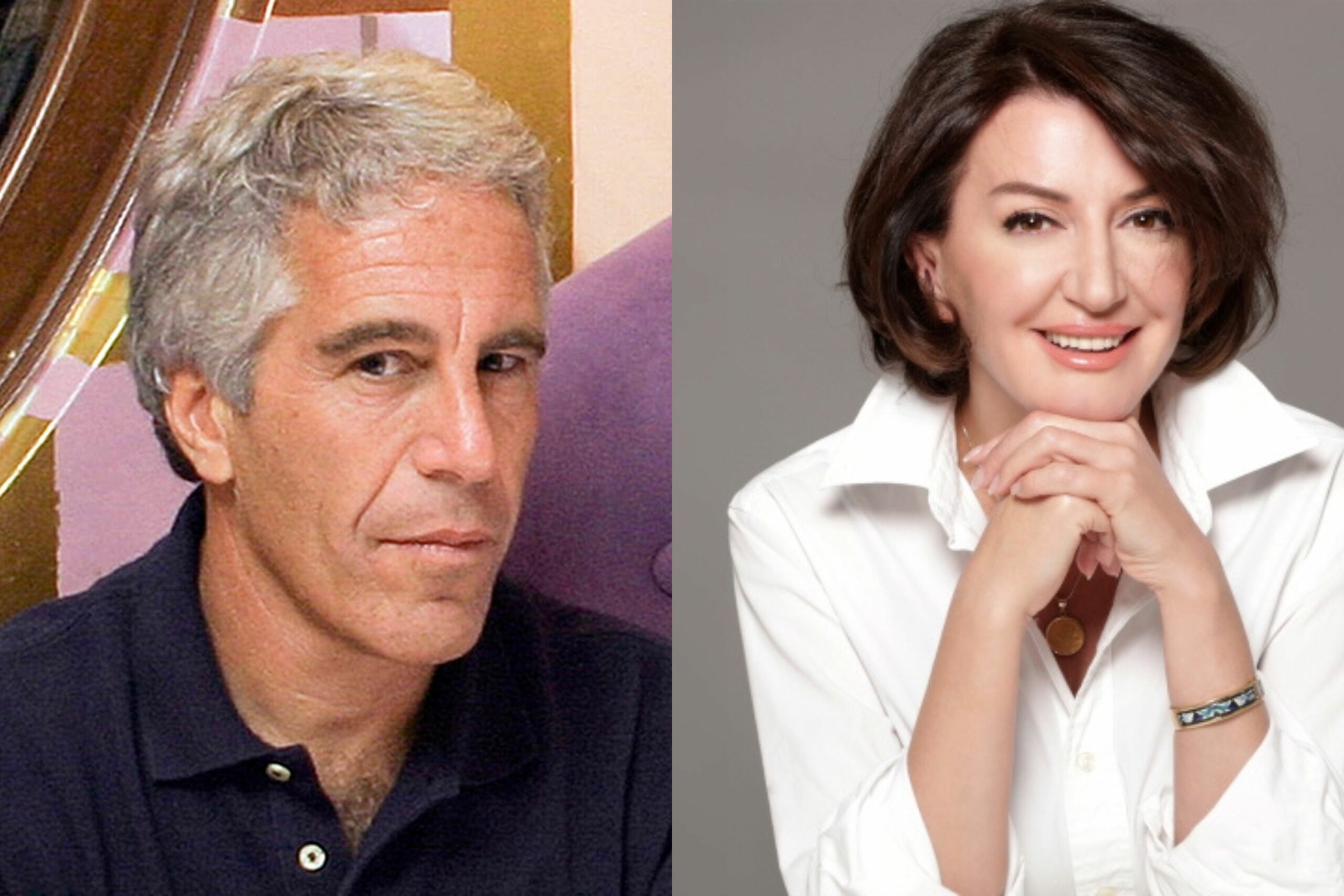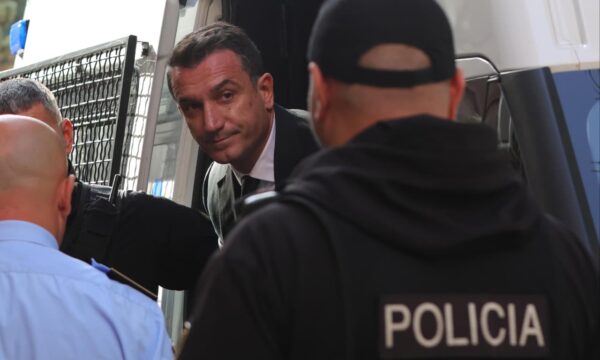Hoti në Samitin e Parisit: Pa njohje reciproke, nuk ka marrëveshje me Serbinë
Kryeministri Avdullah Hoti ka marrë pjesë sot në Samitin e Parisit i cili është organizuar përmes një video-konference.

Lajme
Në fjalën e tij para të pranishmëve në këtë Samit, Hoti ka thënë fillimisht se është kënaqësi që ka marrë ftesën për të qenë pjesë e këtij Samiti i cili tregon përkushtimin e Bashkimit Evropian dhe vendeve anëtare për të mbështetur vendet e Ballkanit Perëndimor që të shkojnë drejt integrimit evropian.
Hoti ka theksuar se për Kosovën, marrëdhëniet fqinjësore me Serbinë vazhdonë të mbetet një çështje shqetësuese.
“Ne kemi filluar procesin e dialogut në vitin 2011 të ndërmjetësuar nga Brukseli. Ne kemi arritur një numër marrëveshjesh. Ato që janë zbatuar kanë përmirësuar jetën e njerëzve në të dy vendet.
Që nga fillimi i dialogut më 2011, Serbia ka vazhduar të ndërmarrë fushata kundër anëtarësimit të Kosovës në organizata ndërkombëtare dhe duke lobuar kundër njohjes së Republikës së Kosovës nga shtetet e tjera. Këto praktika të dëmshme dëmtuan procesin e normalizimit të marrëdhënieve tona si dy vende të pavarura.
Gjatë rrjedhës së dialogut, Serbia nuk tregoi synime të vërteta për normalizimin e marrëdhënieve midis dy vendeve. Përkundrazi, ai e ka zgjatur procesin për të “blerë kohë” dhe për të vazhduar fushatat e tij kundër sovranitetit të Kosovës”, ak theksuar Hoti.
Hoti ka shtuar se ne besojmë se dialogu nuk ka alternativë. “Ne jemi të gatshëm të dhe të përkushtuar që të angazhohemi në dialogun Kosovë-Serbi në mënyrë të barabartë”, ka thënë Hoti gjatë fjalimit të tij në Samitin e Parisit.
Tutje Hoti ka përmendur edhe pesë objektivat që Kosova synon të arrijë me marrëveshjen përfundimtare me Serbinë.
1.Marrëveshja Gjithëpërfshirëse e Paqes midis Republikës së Kosovës dhe Republikës së Serbisë duhet të rezultojë në njohje reciproke. Pa një përfundim të tillë të këtij procesi marrëveshja nuk mund të ketë sukses. Njohja e ndërsjellë midis dy vendeve është mënyra e vetme për të normalizuar marrëdhëniet dhe ecur para për të dy vendet në integrimin evropian.
- Rezultati i kësaj marrëveshje duhet të jetë gjithashtu detyrim i BE-së për të përfshirë njohjen e Kosovës nga pesë vendet e BE-së.
- Anëtarësimi i Kosovës në OKB duhet të jetë gjithashtu pjesë e rezultatit të Marrëveshjes gjithëpërfshirëse të paqes midis Kosovës dhe Serbisë. Kjo natyrisht nënkupton zëvendësimin e Rezolutës 1244 të Sigurimit të KB.
- Anëtarësimit në organizata të tjera ndërkombëtare dhe hapja e qartë e perspektivës evropiane për Kosovën është objektivi dhe apeli ynë krahas këtij procesi.
- Personat e humbur dhe viktimat e të gjitha formave të dhunës, dëmeve të luftës, viktimave, janë çështje që na shqetësojnë. Asnjë normalizim nuk mund të bëhet para se të vendoset drejtësia.
“Bazuar në këto parime dhe objektiva, Republika e Kosovës është e gatshme të jetë një partner konstruktiv dhe bashkëpunues në dialog në arritjen e një Marrëveshjeje gjithëpërfshirëse dhe ligjërisht detyruese”, ka thënë Hoti.
Fjalimi i plotë në gjuhën angleze:
It is with utmost pleasure that I have received the invitation to participate at this distinguished summit, which shows the commitment of the European Union, and your countries respectively, to support the Western Balkans countries heading towards European integration.
This integration can only be achieved through promoting democracy, strengthening of rule of law and establishing a lasting peace and good neighborly relations between our countries at all fronts.
Please let me underline that the Republic of Kosovo remains firmly committed to strengthening its democratic institutions and ensuring its EU integration path.
The support for, and preservation of independence of law enforcement institutions, is at the forefront of my government’s commitment. The assistance and advice from the EU and EULEX to our institutions is widely appreciated.
We are committed to maintain good records of criteria that are important to have full trust of the EU countries toward our commitment to advance the rule of law. It is in this line that we kindly ask to consider our request for visa liberalization. We will work hard to advance our country’s EU integration status to the potential candidate country.
Kosovo, along other countries in the region, has been hardly hit by covid-19. Let me thank you for the support you have given to the people of Kosovo to cope with this emergency situation through the EU institutions, as well as directly through your governments.
We are doing all we can to contain the spread of the virus, as well as to support the economy through a comprehensive list of economic recovery measures.
In this respect, we welcome the initiative of the EU to support the Western Balkan countries through joint large-scale projects, that help overcome the economic crisis and ensure better and closer economic links between the countries in this region.
Mr. President, Madame Chancellor, Mr. Borell,
In line with my country’s firm commitment to regional peace and good neighborly relations through regional cooperation, we, today have excellent relations and close cooperation with our first neighbors, North Macedonia, Albania and Montenegro in all areas of mutual interest, including free movement of people and goods, and in a wide range of regional partnerships.
To Kosovo, the neighboring relations with Serbia continue to remain a matter of grave concern.
We have started the dialogue process back in 2011m mediated by the Brussels. We have reached a number of agreements. Those that have been implemented have improved people’s lives in both countries.
Since the start of the dialogue in 2011, Serbia has continued to undertake campaigns against Kosovo’s membership in international organizations and lobbying against the recognition of the Republic of Kosovo by other states. These harmful practices damaged the process of normalization of our relations as two independent countries.
During the course of the dialogue, Serbia did not show genuine intentions to normalization of relations between the two countries. On the contrary, it has prolonged the process to “buy time” and to continue its campaigns against Kosovo’s sovereignty.
Such practices pursued by Serbia has led to a responsive action by Kosovo, as it was the case with the previous Government’s decision to impose a 100% tariff on Serbian goods.
However, we remain committed to a peaceful process of normalization of our relations, which can be achieved only if Kosovo and Serbia respect each other’s statehood.
From the very outset, the newly elected Government of Kosovo has shown a genuine goodwill by dropping all tariff barriers on goods from Serbia, primarily to give dialogue a chance and reach a final binding agreement between Kosovo and Serbia, which should end up in mutual formal recognition between the two countries.
We believe that the dialogue has no alternative. We are ready and committed to engage on the Kosovo-Serbia dialogue on an equal footing.
But, we firmly believe that the dialogue has to follow a clear timeline and framework of fundamental values and principles to be respected, in line with the European perspective of both countries.
We maintain that the very success of this crucial process should be guided by the following principles:
- The territorial integrity of the Republic of Kosovo is non-negotiable, as it is the main premise on which the Republic of Kosovo is founded and stands firmly. Any violation of this principle goes against basic EU principles and values. As such it is unacceptable.
- The constitutional organization of the Republic of Kosovo cannot be affected, since it guarantees democratic functioning of the authorities, equality in representation and enshrines the principle of civic state, and not organized along ethnic lines. Therefore, the interference in the unitary character of the Republic of Kosovo would be the shortest way to de-functionalize the state of Kosovo and proclaim it unstable. This cannot happen.
- The agreement with Serbia must be fully in accordance with the Kosovo Constitution, as it is the only modality to give legitimacy to such an agreement.
Objectives
Based on these principles, Kosovo will engage in the dialogue with clear objectives, based on which the Agreement must be reached:
- The Comprehensive Peace Agreement between the Republic of Kosovo and the Republic of Serbia should result in mutual recognition. Without such a conclusion of this process the Agreement cannot succeed. Mutual recognition between the two countries is the only way to normalize relations and pave the way for both countries for EU integration.
- The outcome of this agreement should also be the EU obligation to encompass the recognition of Kosovo by five remaining EU countries.
- Kosovo’s membership in the UN should also be part of the outcome of the comprehensive peace agreement between Kosovo and Serbia. This naturally implies the substitution of the UN Security Resolution 1244.
- Pursuing membership in other international organizations and emerging clear opening of the European perspective for Kosovo is our objective and our appeal alongside this process.
- And last but not least, missing persons and victims of all forms of violence, war damages, casualties, are issues of our utmost concern in this process. No normalization can take place prior to putting justice in place.
Based on these principles and objectives, the Republic of Kosovo is ready to be a constructive and cooperative partner in the dialogue in reaching a comprehensive and legally binding Agreement.
Thank you for your attention.



